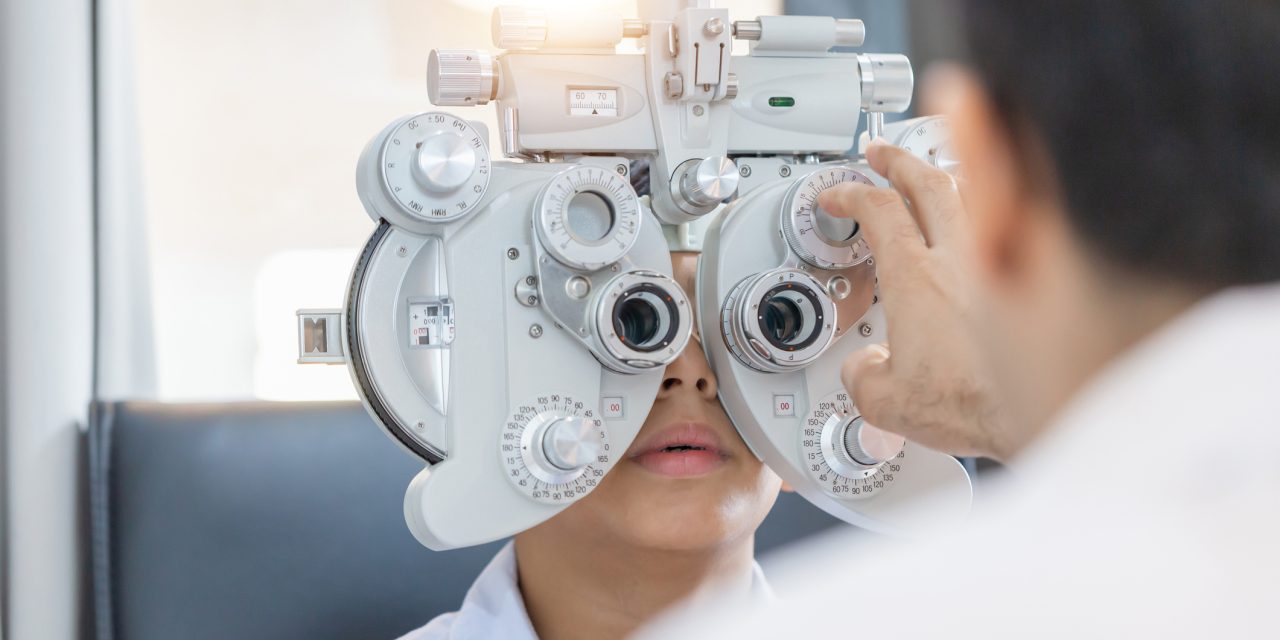Diquafosol tetrasodium (DQS), a purinergic P2Y receptor agonist, stimulates secretion of both water and mucins from the conjunctiva into tears. Hence, DQS-containing eye drops have been approved as a therapeutic option for dry eye disease in some Asian countries, including Japan. Recent clinical reports state that instilling DQS-containing eye drops significantly increases the lipid layer thickness in tears. Therefore, we examined this compound’s direct actions on holocrine lipid-secreting meibomian gland cells and their function. Isolated meibomian gland cells (meibocytes) were procured from rabbits and cultivated in serum-free culture medium. Differentiated meibocytes with pioglitazone were used for the subsequent experiments. Intracellular Ca signalling of the cells was dramatically elevated with DQS addition in a dose-dependent manner. This DQS-induced elevation was almost completely cancelled by the coexistence of the selective P2Y receptor antagonist AR-C118925XX. DQS treatment also facilitated total cholesterol (TC) release from cells into the medium. This effect of DQS on TC was suppressed significantly by the intracellular Ca chelator BAPTA-AM as well as by AR-C118925XX. DNA fragmentation analysis revealed that DQS may have enhanced the apoptotic DNA fragmentation caused spontaneously by cells. Thus, DQS could stimulate meibocytes to release lipids through the P2Y receptor and possibly facilitate holocrine cell maturation.
Diquafosol tetrasodium elicits total cholesterol release from rabbit meibomian gland cells via P2Y purinergic receptor signalling.


